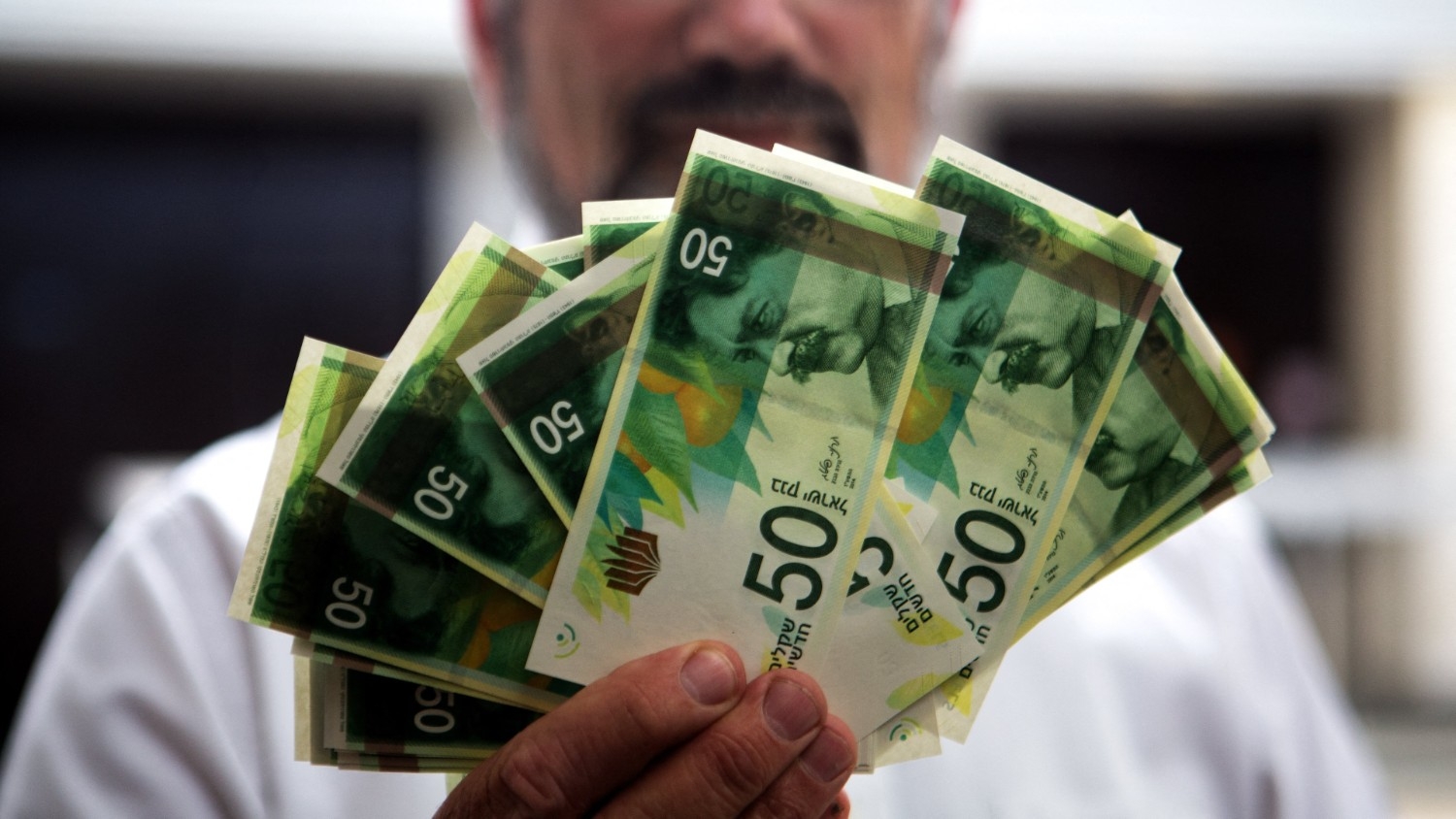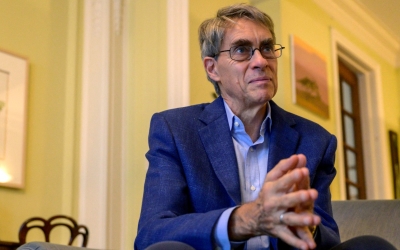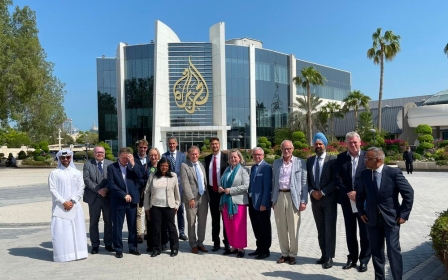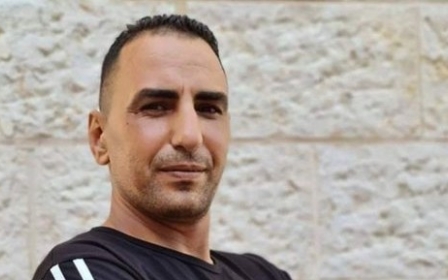Israel: One in four families now live under the poverty line

Israel's poverty rate in 2021 has increased to 20 percent, making it the second poorest among developed countries after Costa Rica, according to a report by the National Insurance Institute (NII) released on Wednesday.
Israeli citizens have felt the squeeze of inflation and economic malaise since 2020, when the Covid-19 pandemic pushed the country to impose prolonged lockdowns.
According to the NII, Israel's national social security agency, more than one in four Israeli families struggled to cover monthly expenses in 2021, almost 26 percent of the total population.
The country has also ranked second on the poverty chart of OECD developed countries, just after Costa Rica.
Almost 10.6 percent of Israeli households could not afford medical treatment in 2021, and nearly 7 percent could not buy medication.
New MEE newsletter: Jerusalem Dispatch
Sign up to get the latest insights and analysis on Israel-Palestine, alongside Turkey Unpacked and other MEE newsletters
In 2021, one in five Israelis was living under the poverty line, making less than 2,849 Shekels ($830) monthly as an individual, or less than 9,117 Shekels ($2560) as a couple caring for two to four children.

According to the NII, two million Israelis lived under the poverty line in 2021, including 853,000 children and 213,000 elderly.
On Wednesday, Israel's Prime Minister Benjamin Netanyahu vowed to freeze water, fuel, and electricity prices to reduce living costs and "put sticks in the wheel of inflation".
Yarona Shalom, director general of the NII, said that Israel has been battered for years by poverty and inequality.
"To deal with the disparities in society, an increase in allowances is required on the one hand and on the other hand providing tools and assistance to families and individuals who are in the labour market but whose salary is low, with an emphasis on the periphery," Shalom said.
NII is optimistic that the number of elderly under the poverty line will decrease in 2022. as the state pension payment is increased by 5 percent.
Yoav Ben Tzur, the minister of social affairs, said, "We refuse to accept a reality where senior citizens, children and families live in poverty. This is a terrible thing that a reformed and moral society cannot accept."
Almost 30.6 percent of Israeli men and 27.4 percent of women were poor in 2021.
NII recommended that the government step in and increase social allowances to low-income families and provide assistance to families in the job market who live under the poverty line.
According to the UN, 36 percent of the Palestinian population in the occupied territories lives below the poverty line.
Middle East Eye delivers independent and unrivalled coverage and analysis of the Middle East, North Africa and beyond. To learn more about republishing this content and the associated fees, please fill out this form. More about MEE can be found here.




